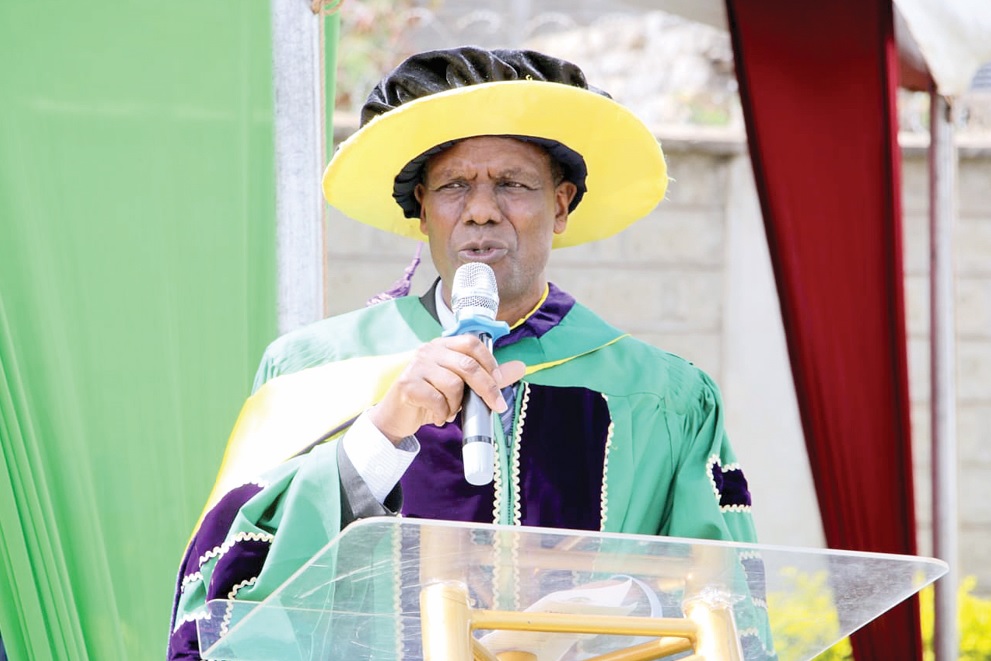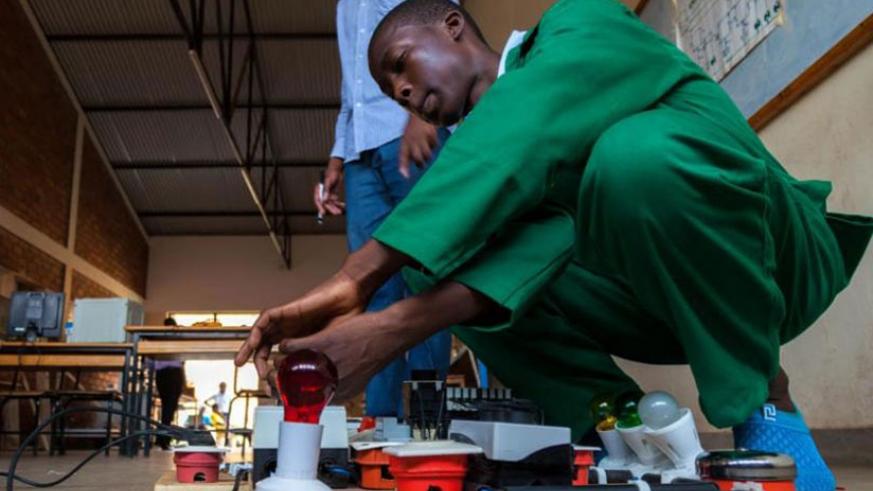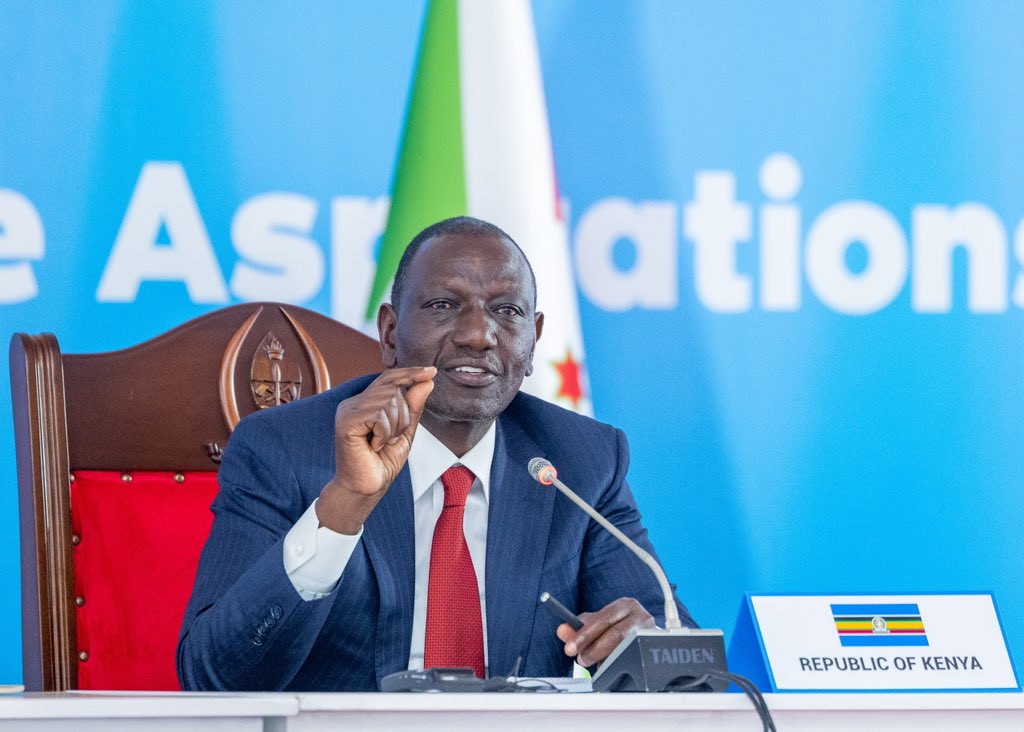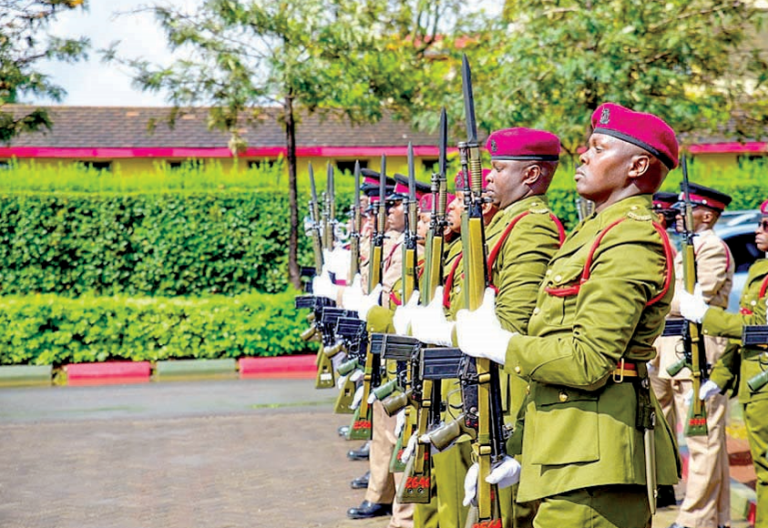Bumpy ride for girl trainees in technical colleges
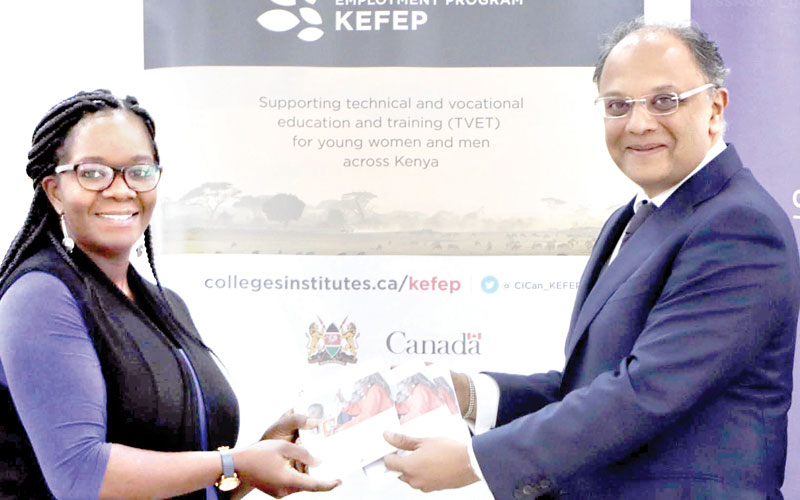
Yvonne Ogolla got married at 20, became a mother at 21 and returned to school at 22.
At the time she was getting married in 2014, Yvonne had completed high school five years prior but could not further her education because her parents could not afford it. Her hope of furthering her education had not diminished and in 2016, Ogolla enrolled for a diploma course in social work and community development at Kisumu National Polytechnic.
But being a new mother and a wife presented unique dynamics in navigating her studies. Her son, barely a year old when she joined school, was still breastfeeding. So in between attending her classes, running from 8am and to 5pm, Ogolla would sneak out of school to breastfeed her baby she would leave under the care of a neighbour. The school had neither lactation facilities nor a creche.
She preferred going back to her family daily to residing in the hostel. Now in her third year, Ogolla’s experience offers a sneak peek of the challenges girls enrolled in Technical and Vocational Education and Training (TVET) colleges face in pursuit for education.
A study released last month by Kenya Education for Employment Programme (Kefep) shows that women and girls enrolled in Tvet institutions are faced with numerous barriers in navigating the education ladder hindering gender equality and inclusion.
The gender analysis in Kenya’s Tvet sector shows that despite reforms made in the Tvet institutions, there was unequal participation of women and girls. Implementation of the Tvet Act 2013, which advocates for equality in access of Tvet institutions despite one’s background or gender, has partly contributed to an increase in female enrolment from 50, 431 students in 2012 to 120,558 in 2017.
Scholarships offered to women by non- state initiatives such as National Industrial Authority (Nita), KCB, Equity Bank and Africa Development Bank have led to increased female enrolment in Tvet institutions. Despite such gains, the report based on data collected from the 11 national polytechnics, cites social, cultural and religious beliefs as a key barrier that inhibits female participation in such institutions.
Such believes hinder retention, successful completion and access to employment opportunities, says the report dubbed ‘Gender Analysis in Kenya’s Technical and Vocational Education and Training Sector 2019’. Implemented by Colleges and Institutes Canada (CICan), Kefep focuses on boosting the social economic wellbeing of youths and bolstering delivery of Tvet learning in Kenya.
“Parents or guardians believe that certain courses are a reserve for a specific gender. The perception is that courses like dressmaking and hospitality are for women and the technical courses for men. These views inform the courses female students settle on and those who defy those norms are ridiculed by their peers,” says Ruth Oloo, Gender Lead, CICan.
The study shows that due to the community’s preference to educate boys at the expense of girls some female trainees had to stay home for two or three years before joining a TVET institution since their education was not a priority. Due to the demand of being home every day to attend to domestic chores, majority of female trainees in TVET institutions end up missing early morning classes and evening discussions.
TVET institutions also lack flexible study hours thus making it difficult for mothers to balance between their studies and taking care of their children. Likewise, none of the institutions have implemented the Breastfeeding Bill 2017, (section 4) which compels institutions to provide space for mothers to breastfeed or express milk.
At the Coast and North Eastern National Polytechnics fewer females enrolled for courses like engineering cite the dress code as a barrier for their participation. “Female trainees require to wear cloths such as overalls which is prohibited by religion,” says Oloo.
Inequality is also reflected in leadership positions with the report showing that out of the 11 polytechnics only four women hold the top position of principal or chief principal.
Tvet Principal Secretary, Kevit Desai, says the government is committed to investing in reforms geared towards transforming the TVET sector. “We are well aware that gender equality is significant in the development agenda as it boosts innovation, economic reforms, and productivity and empowers industries,” he said.
The report recommends institutions to provide support services for expectant women and mothers such as lactation stations and day care centres to enhance participation of females.

